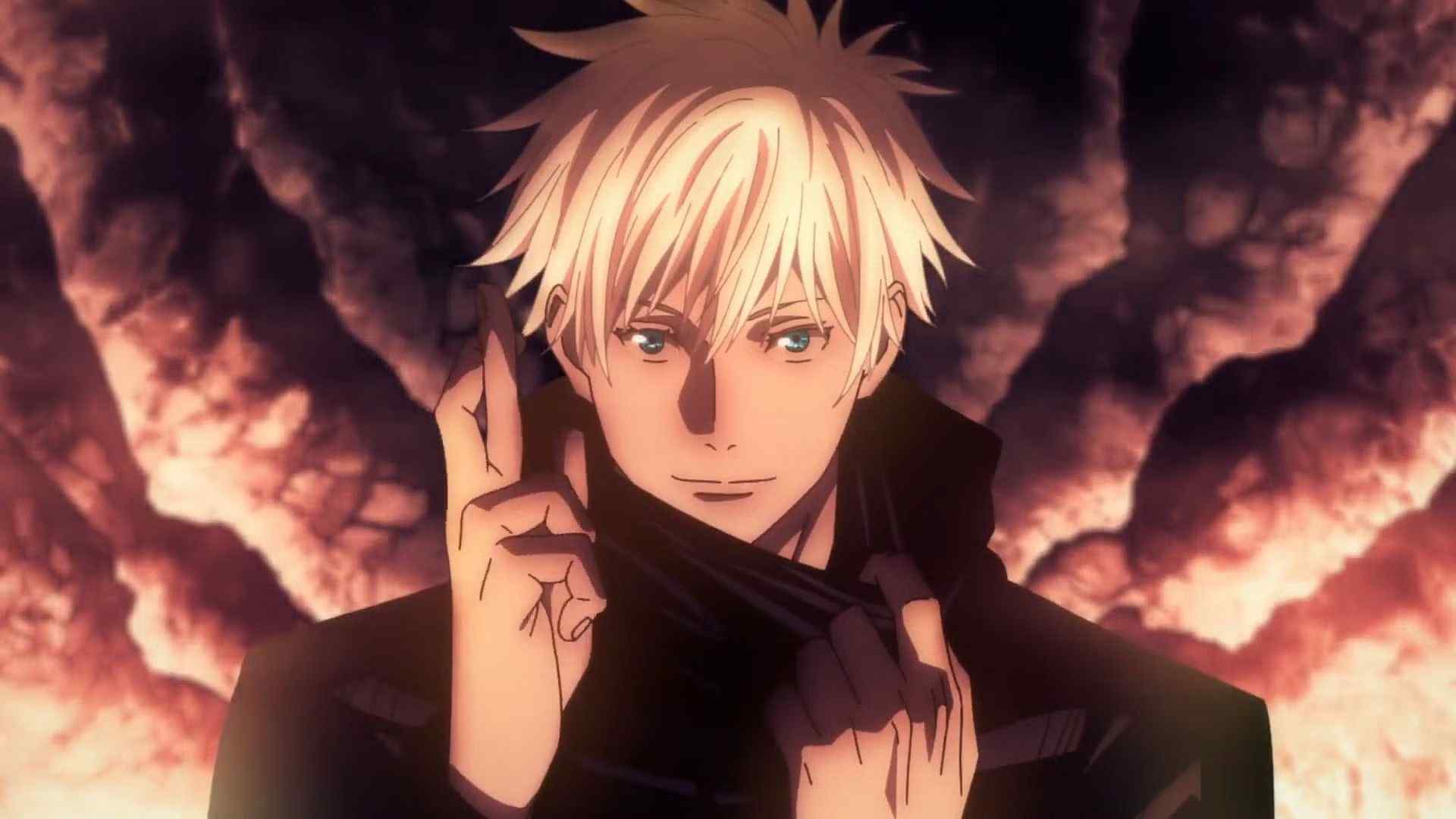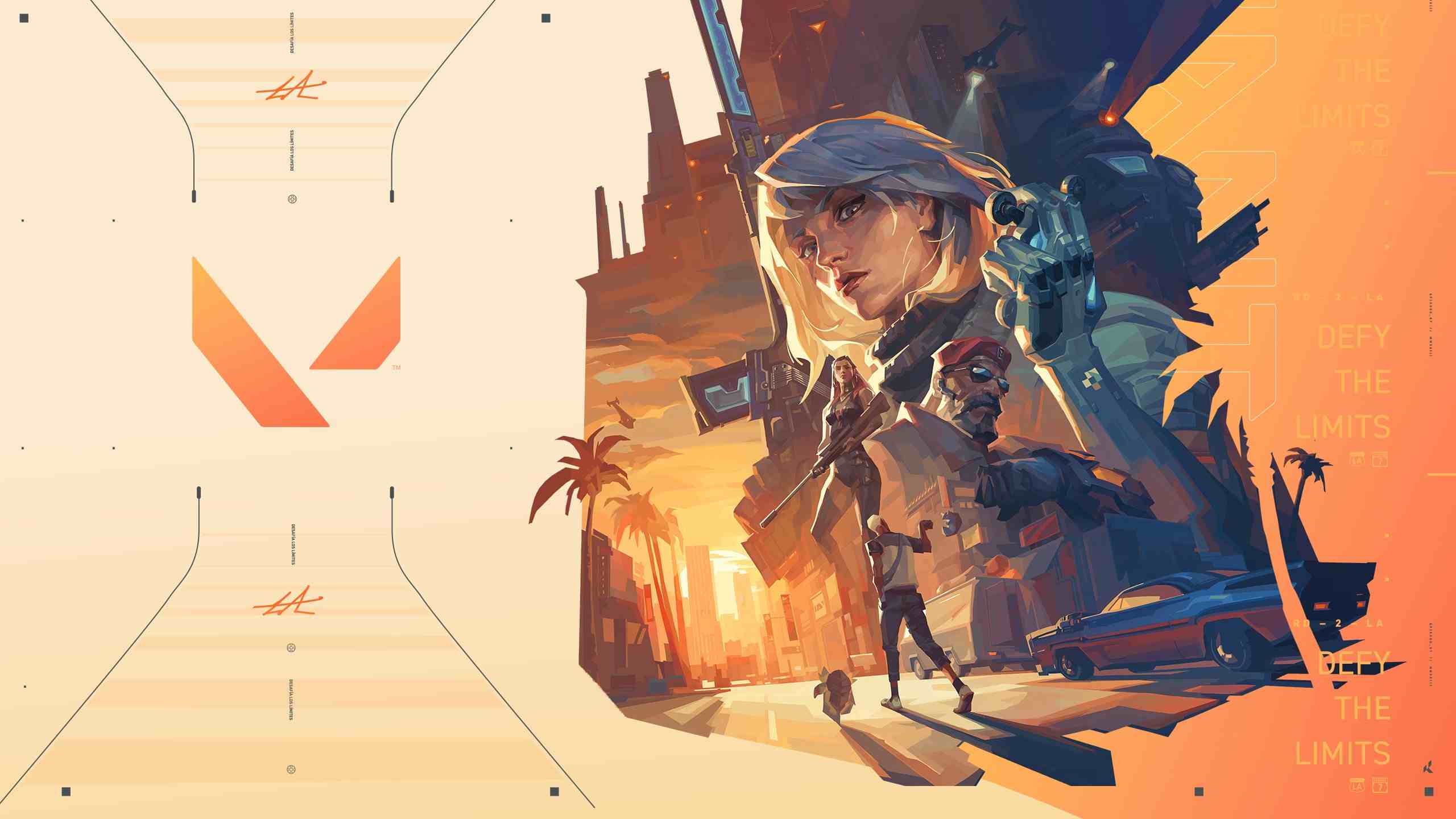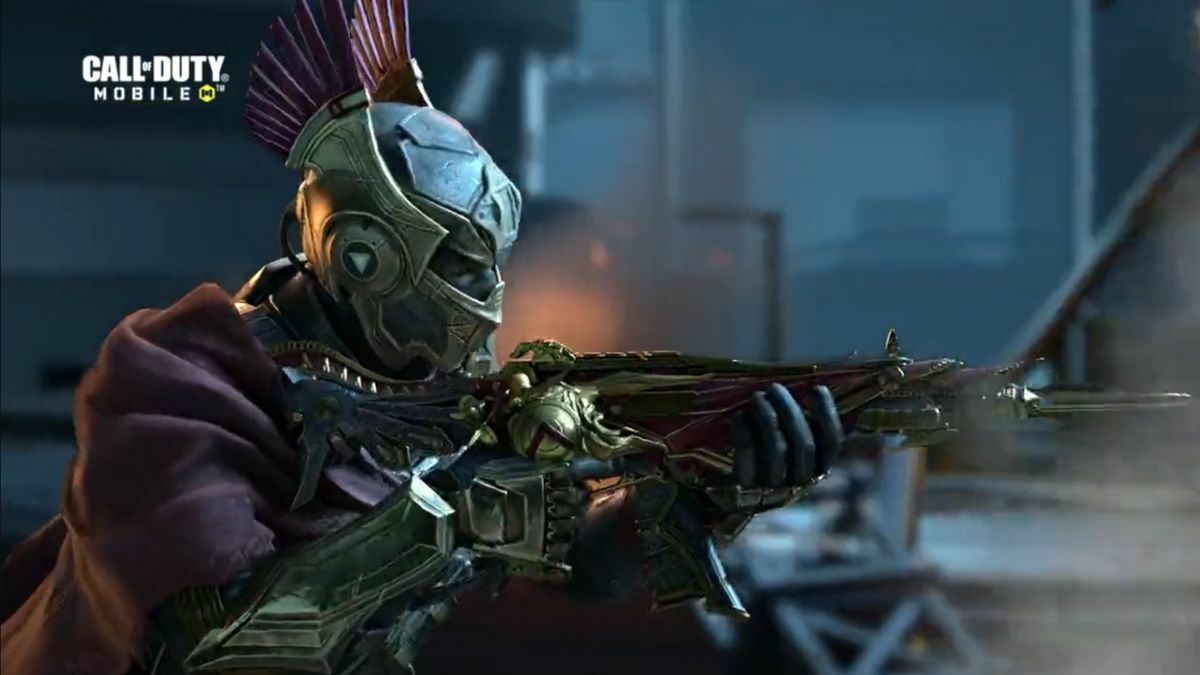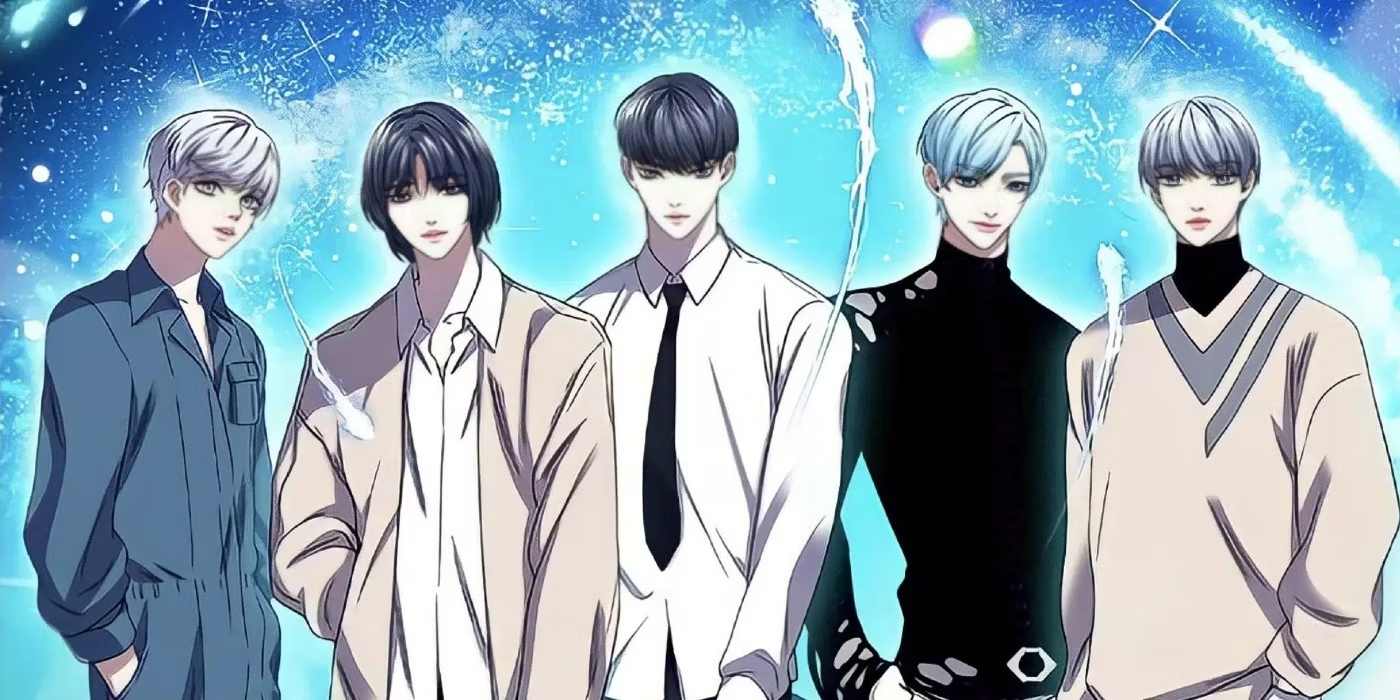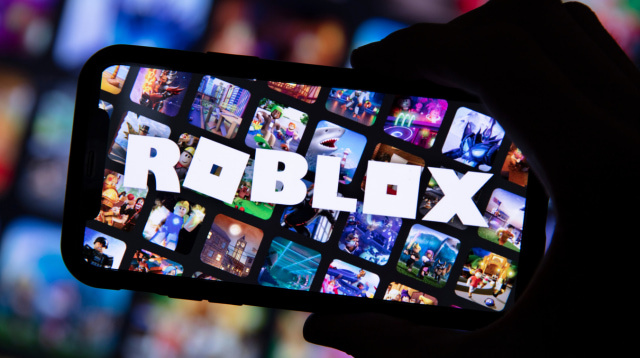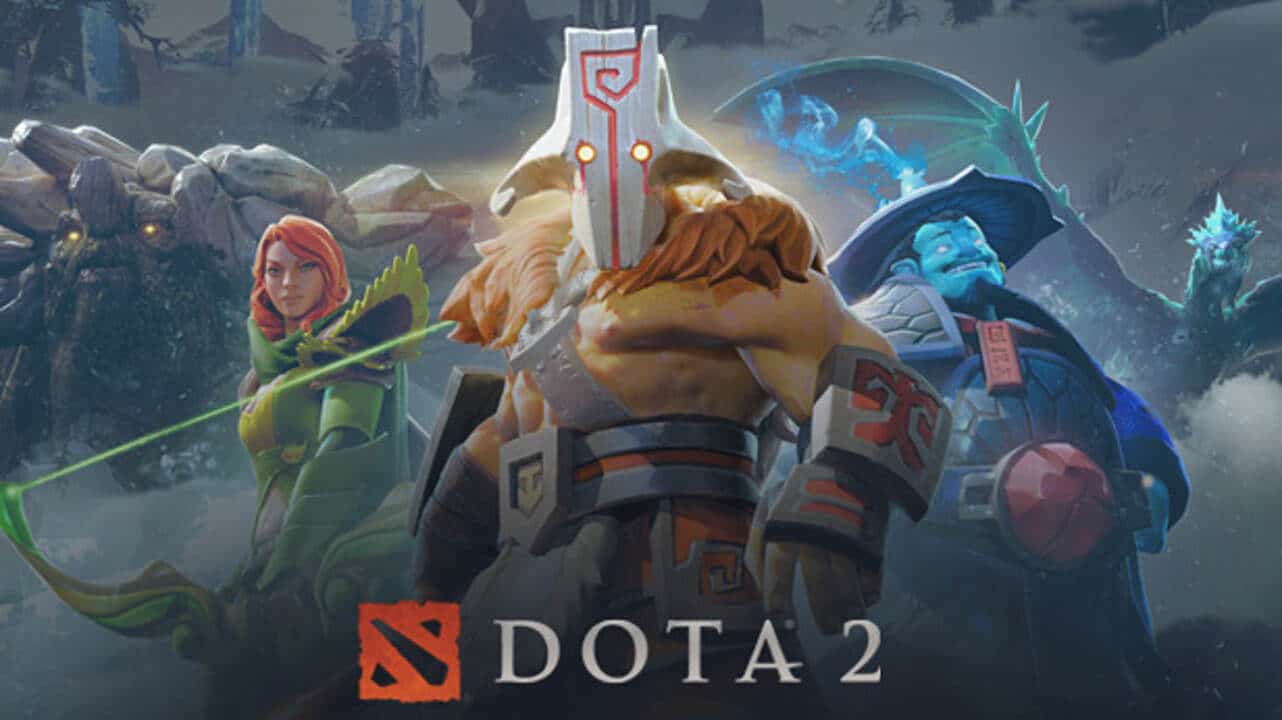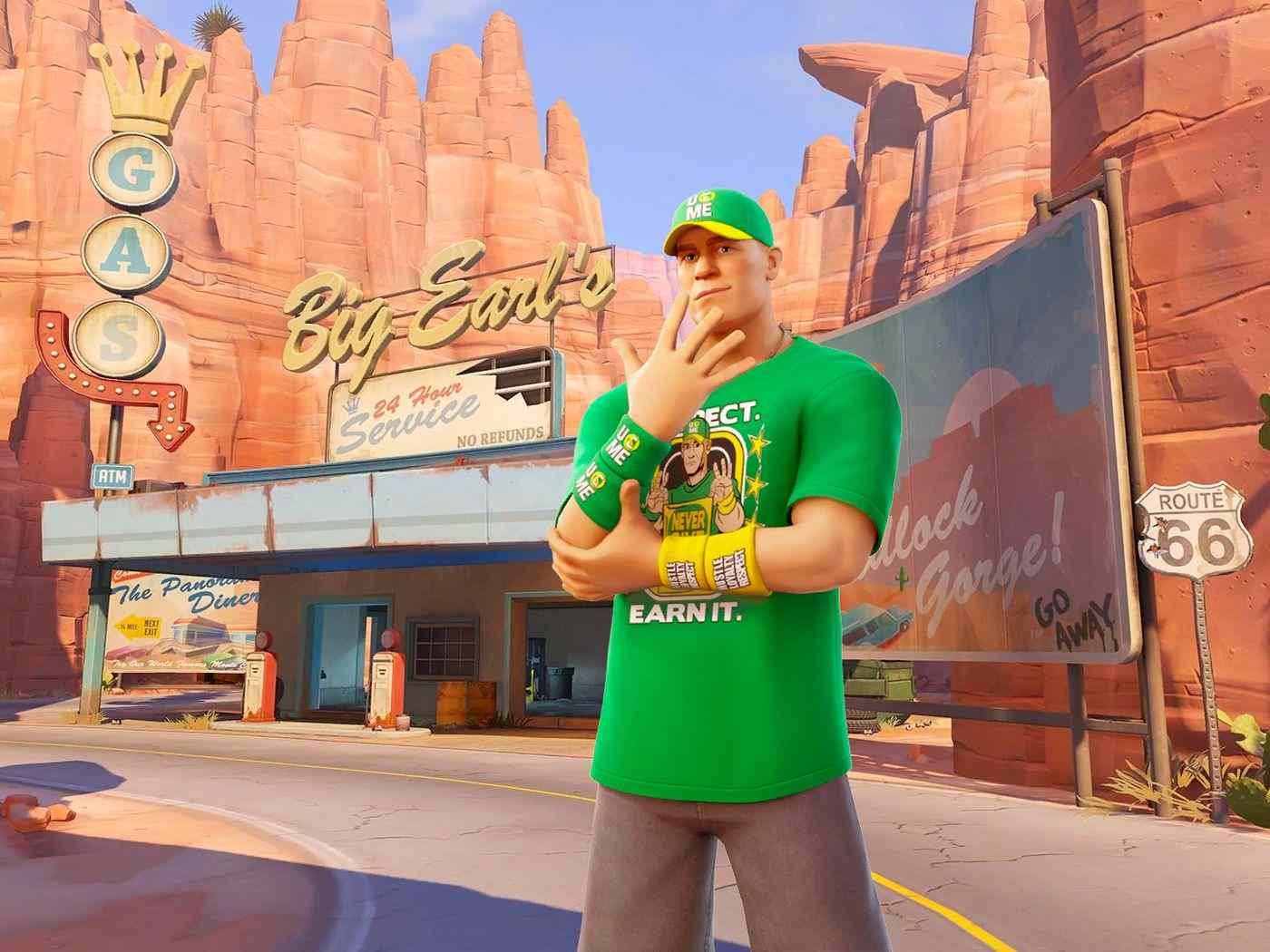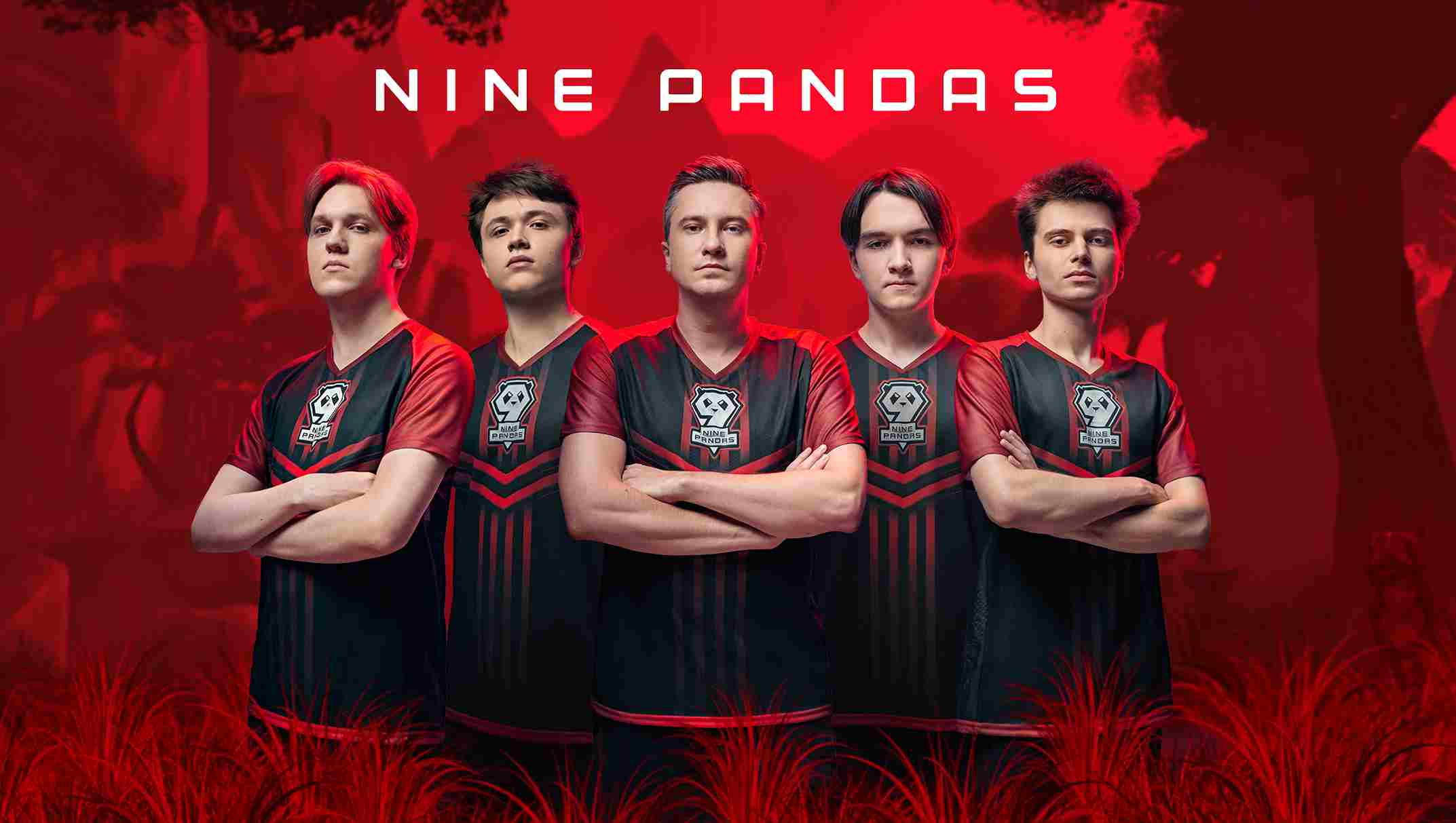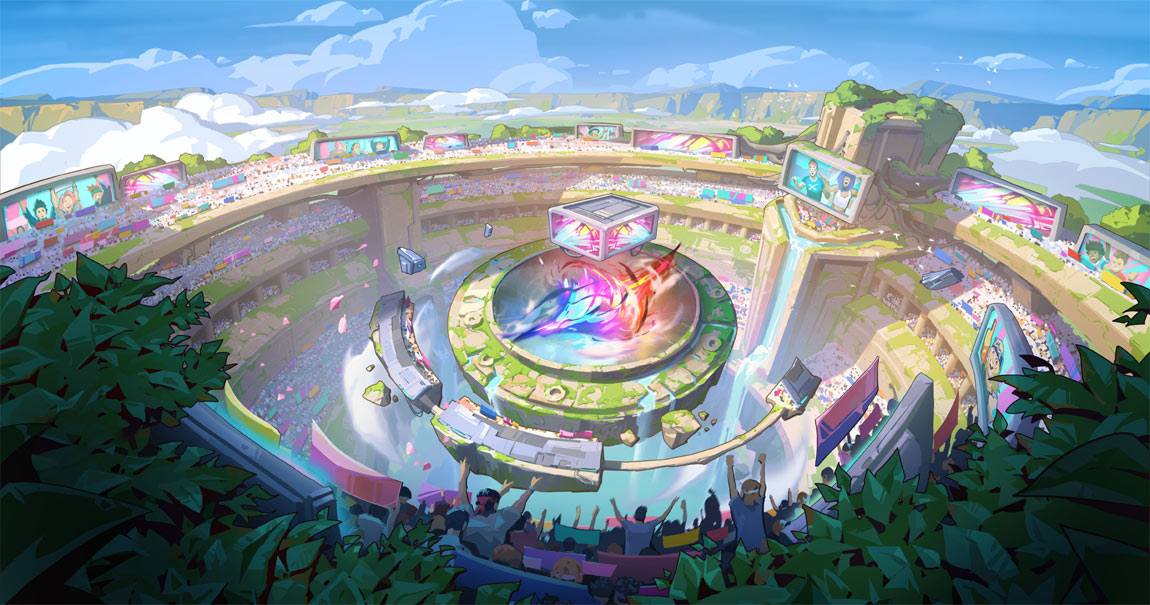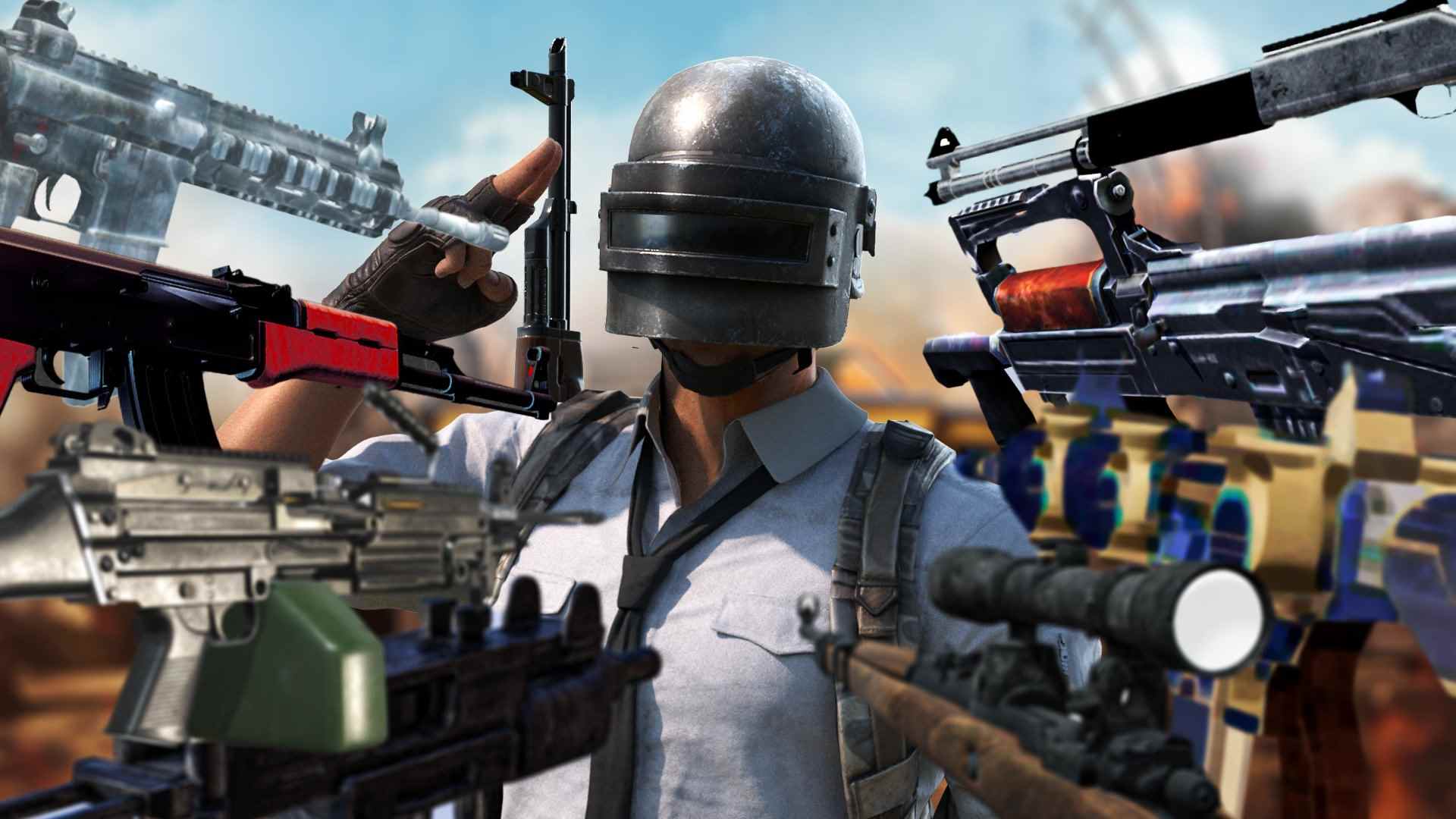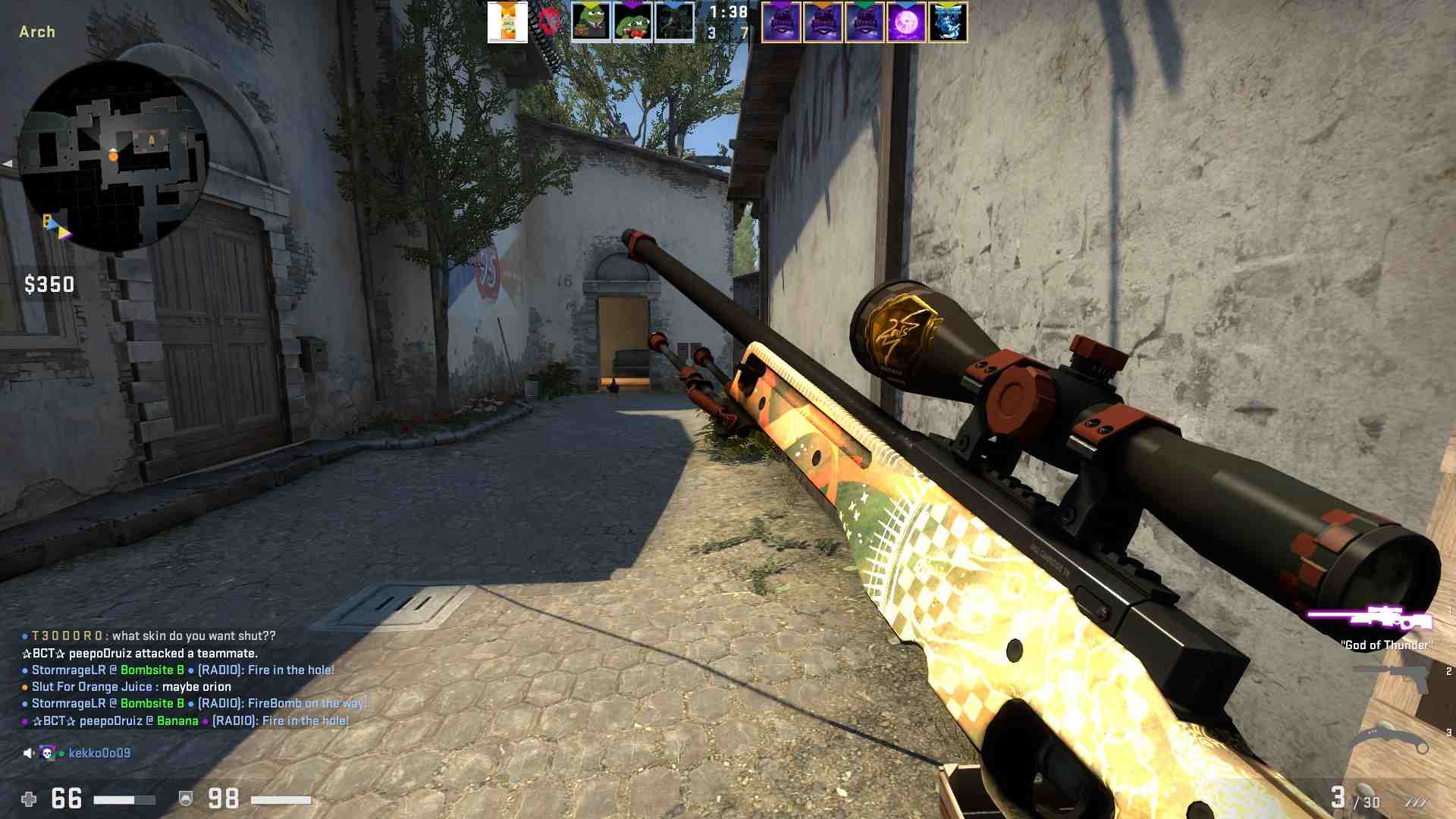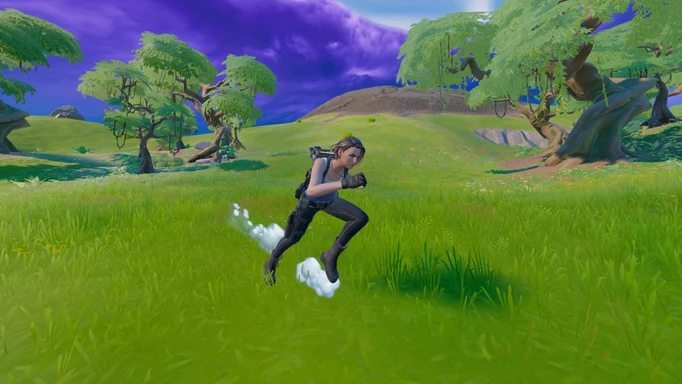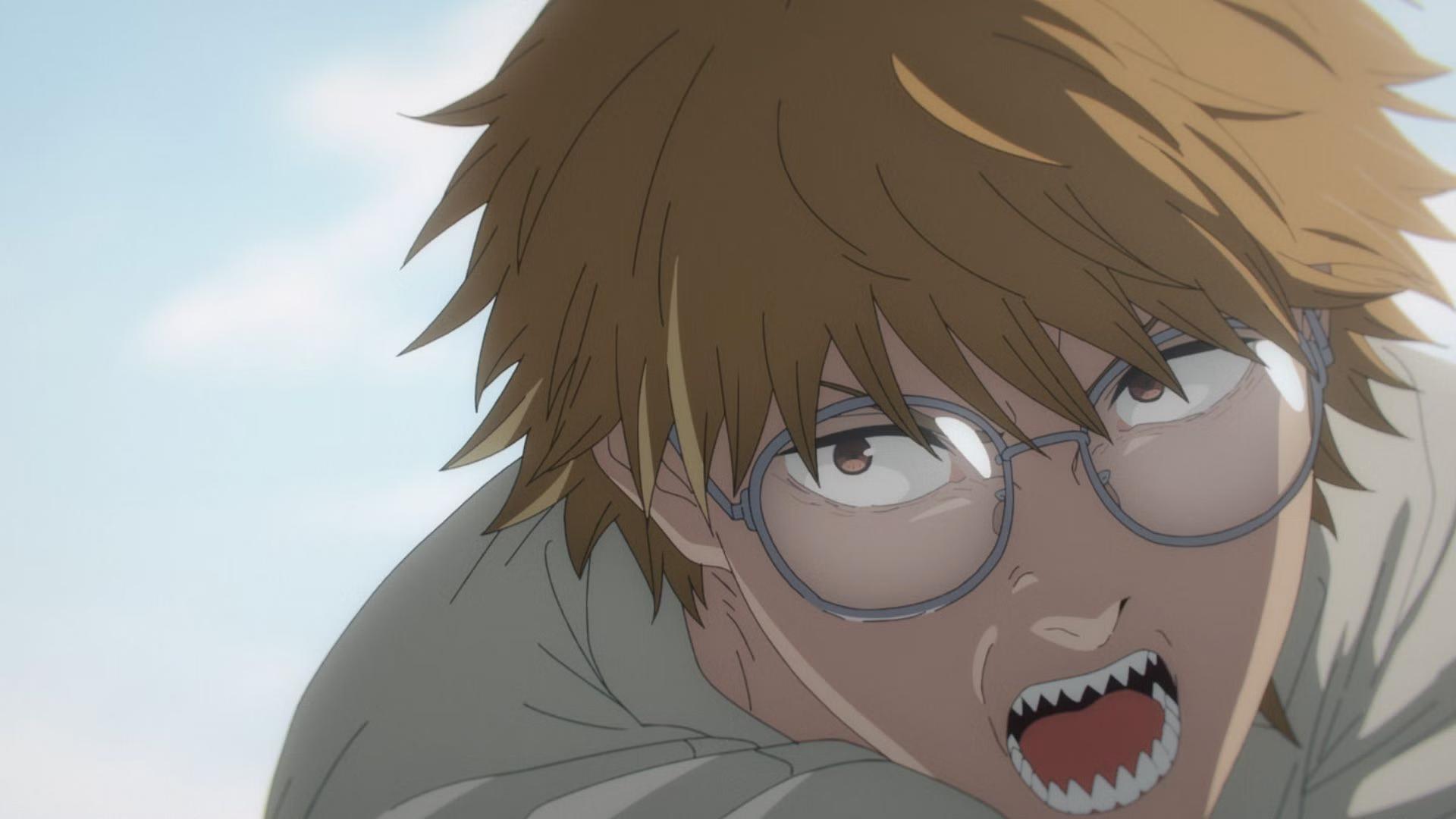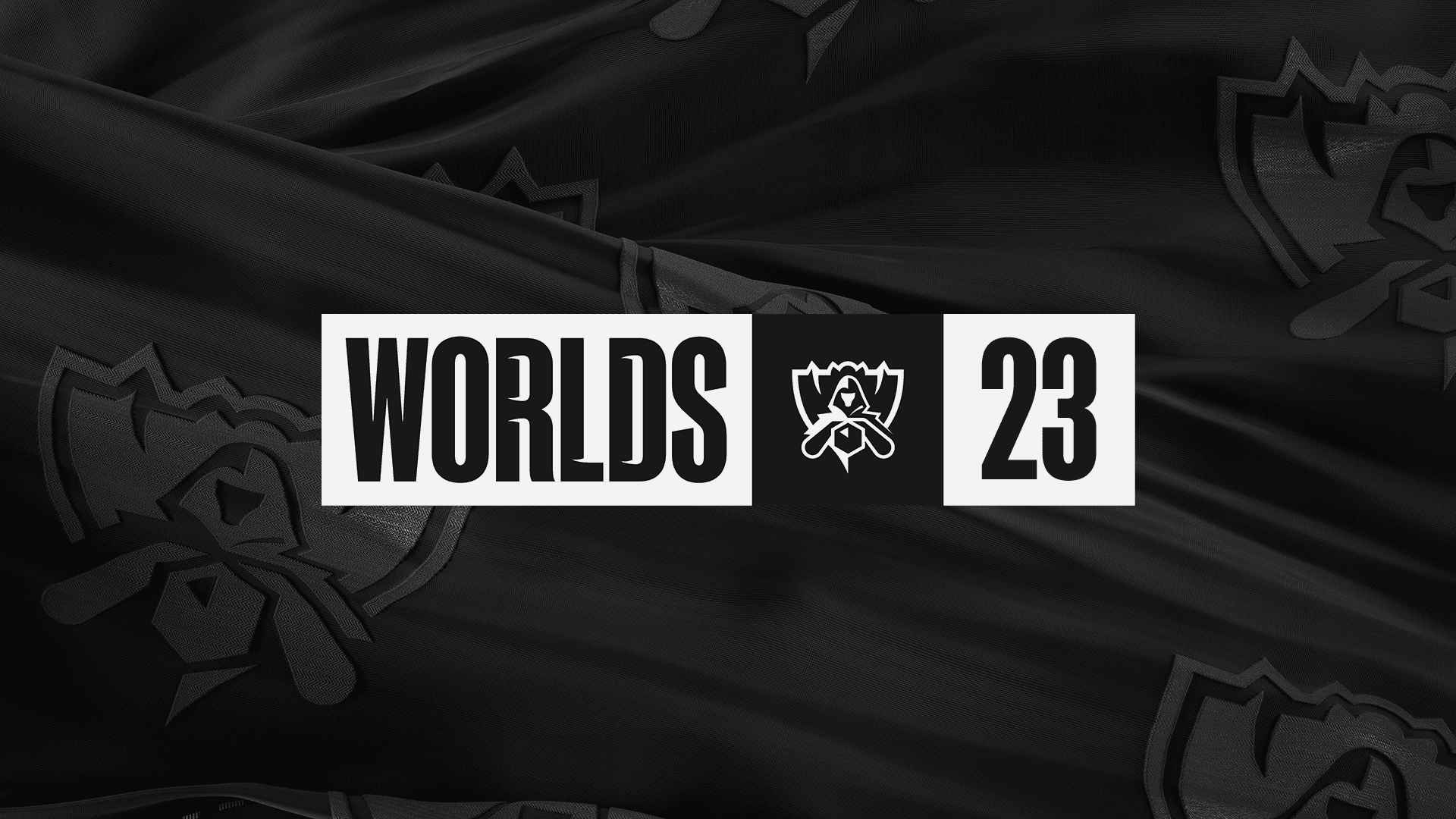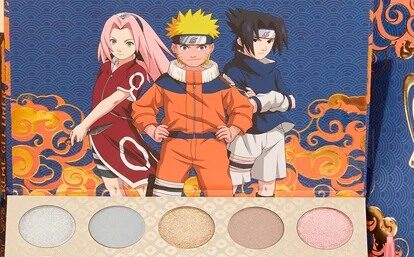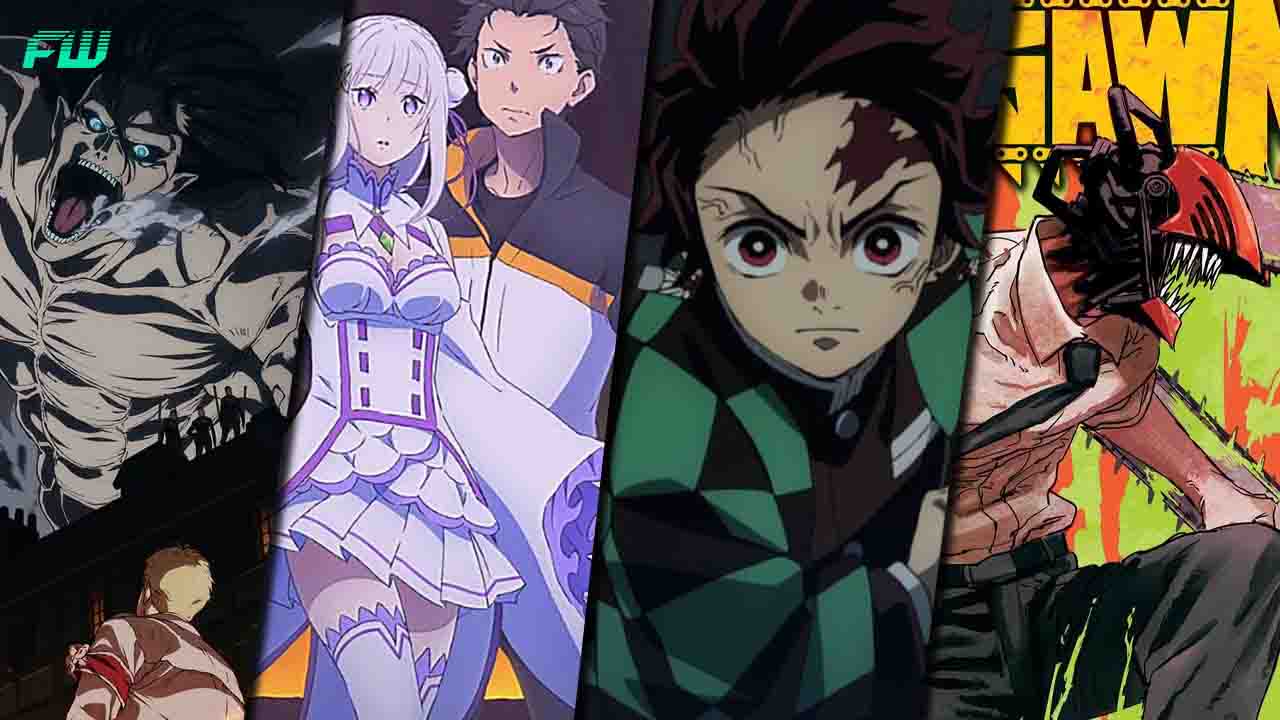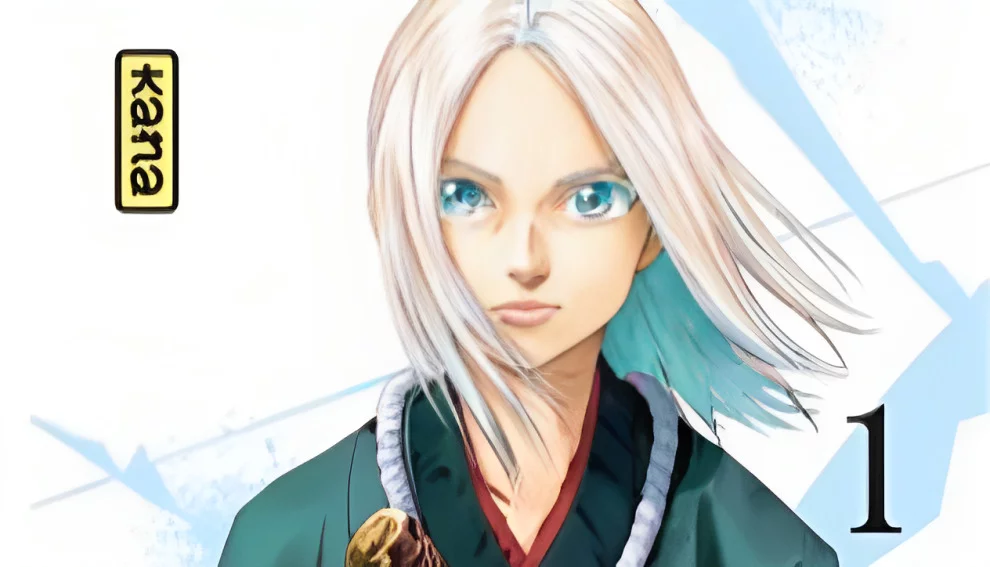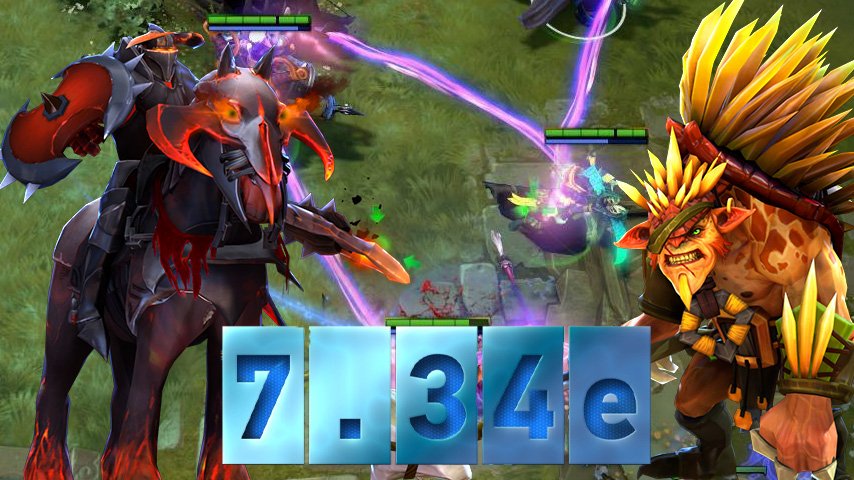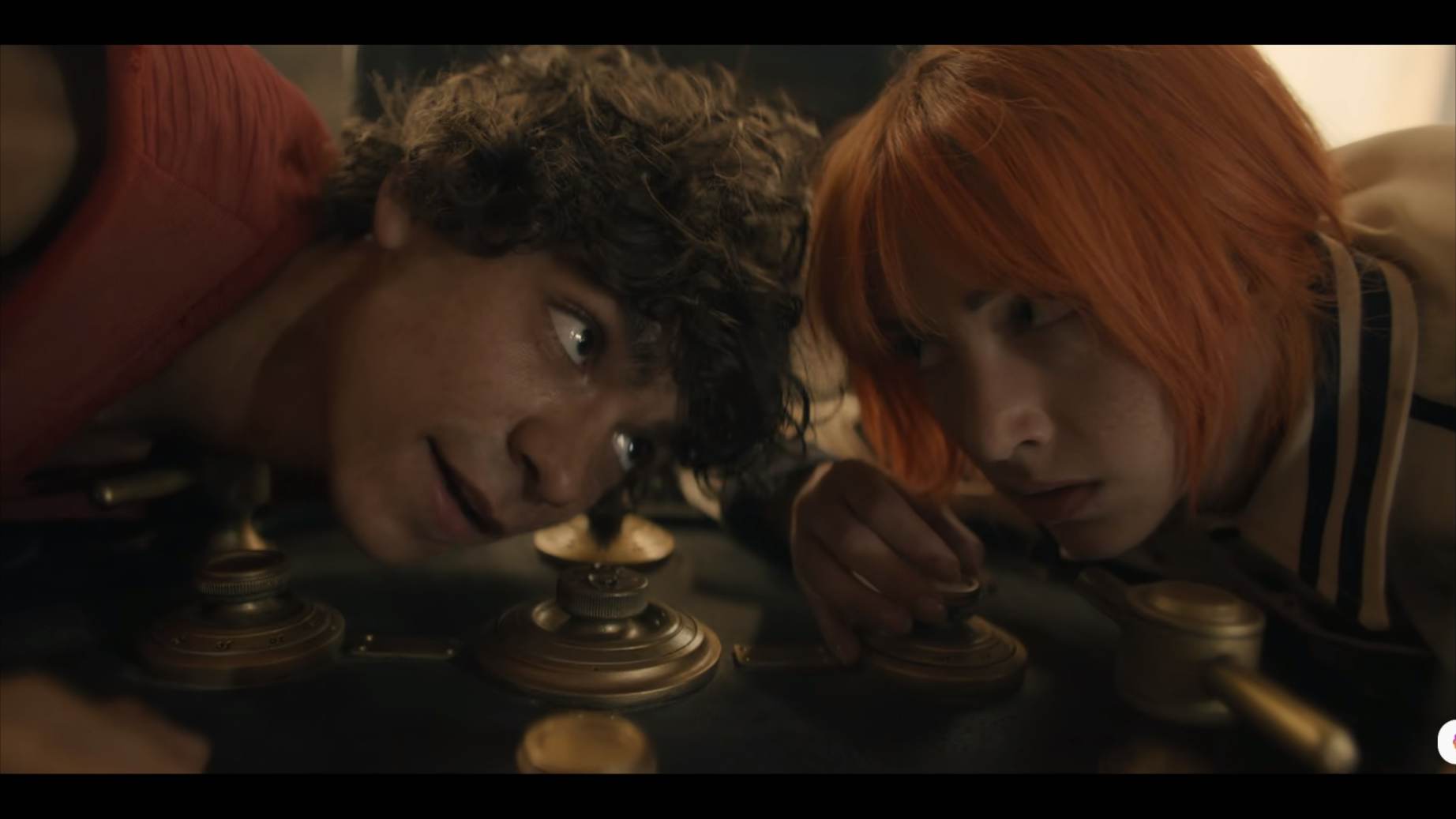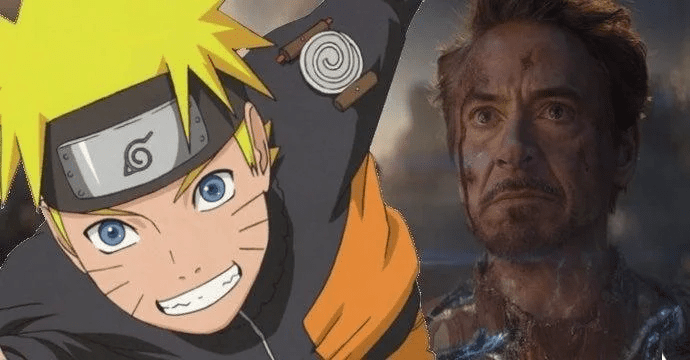Jujutsu Kaisen Animator Reveals Why He Deleted His Unfinished Episode Tweet
After the recent drop of Jujutsu Kaisen Season 2 Episode 17, freelance animator Enrico Nobili caused quite a stir on social media. He spilled the beans that only 30% of the episode’s intended vision had seen the light of day. But hold on, shortly after letting this bombshell out on Twitter, Nobili did a vanishing act on the tweet, leaving fans scratching their heads. Then, in a follow-up tweet, he spilled the tea on why he hit the delete button. This whole saga has set off a lively debate among the Jujutsu Kaisen community, shining a spotlight on the challenges faced by animators and the entire production process over at studio MAPPA.
Studio MAPPA Under the Microscope
MAPPA finds itself in hot water for its questionable production planning, resulting in less-than-ideal working conditions for its animators. These creators are under tight wraps due to nondisclosure agreements, gagging them from openly discussing their struggles. With each passing week, fresh revelations keep pouring in, exposing the deteriorating situation and putting MAPPA squarely in the crosshairs for its management practices.
The Unfinished Episode Hubbub: The Animator’s Initial Tweet
Nobili’s original tweet on November 17 was all about his joy for fans digging Jujutsu Kaisen Season 2 Episode 17. But, plot twist, he spilled that only 30% of the animators’ dream for the episode materialized, making it less enjoyable for him. Shockingly, he yanked the tweet off the grid shortly after this reveal, leaving us all hanging.
The Animator’s Clarification
Fast forward to November 21, and Nobili finally spills the beans on why he pulled the plug on his tweet. Fans apparently did a major misinterpretation dance, thinking the episode was only 30% cooked. Not the case, he clarifies – that 30% was all about the animators’ vision, not the completion status. The episode was fully animated, no extra work needed.
Fan Frenzy and Community Showdown: Misinterpretation Mayhem
Fans, in their zest for drama, misread Nobili’s tweet, jumping to the conclusion that the episode was unfinished. Cue a storm in the Jujutsu Kaisen teacup. Some even rallied for MAPPA to drop the supposed unfinished episode, spinning a yarn that the studio handed them a half-baked product.
Owning Up to Blunders
Nobili took the mic and admitted he goofed up by slapping a percentage on the intended vision. He sees the error in using numbers as a distraction, with fans latching onto digits and missing the bigger picture. Even with the clarification, the community still wrestles with the challenges animators face and the studios’ responsibility in setting expectations.
Editorial Vibes: A Gen Z Fan’s Take
As a Gen Z enthusiast, the revelation that Jujutsu Kaisen Season 2 Episode 17 was only 30% complete sparks mixed feelings. Sure, fans feel the sting of being misled, but let’s not forget the animators battling through harsh conditions. Anime is a group effort, and hiccups happen. The wish is for studios like MAPPA to learn from these hiccups, stepping up the game with better working conditions for the quality fans crave.
Peeling Back the Curtain on Animator Struggles: Navigating the Storm of Poor Conditions:
Nobili’s tweet wipeout shines a spotlight on the daily struggles of animators in the anime industry. Beyond the hype about the supposedly unfinished episode, let’s dig into the real issue – the grueling working conditions. Nobili’s revelation unveils the hardships animators face, emphasizing how the heavy workload and unfavorable conditions can stifle creativity and overall well-being. Studios, including MAPPA, find themselves under scrutiny for production planning that directly impacts their workforce and, consequently, the final product’s quality.
MAPPA’s Catch-22: Balancing on the Tightrope of Criticism and Expectations
MAPPA is front and center in this uproar, facing backlash for its production planning and the strain it puts on animators. This incident highlights the studio’s struggle to meet tight schedules while keeping a healthy working environment intact. As fans voice their discontent, MAPPA has the challenging task of managing expectations and addressing concerns head-on. The fallout from this incident opens up a broader discussion on the industry’s deep-rooted issues, stressing the need for studios to find a balance between creativity and maintaining sustainable working conditions.
Community Impact: The Fandom’s Role in Shaping the Story
The reaction from the Jujutsu Kaisen community isn’t just a ripple; it’s a wave that showcases the immense influence and power fans wield in shaping the narrative around anime releases. The initial misreading of Nobili’s tweet triggered a cascade of demands and frustrations on social media, illustrating how platforms like Twitter play a pivotal role in shaping public perception. This incident prompts some soul-searching about the shared responsibility of fans and creators in fostering a supportive and informed community. It also underscores the crucial role of clear communication from studios to prevent the spread of misinformation and unnecessary backlash.
Drawing Lessons: Paving the Way Forward in Anime Production
As the dust settles on this animated controversy, the anime community is left with some valuable takeaways. Animators, studios, and fans alike can glean lessons from this incident to contribute to the improvement of the overall anime production landscape. Transparency in communication, setting realistic expectations, and prioritizing the well-being of animators emerge as critical aspects requiring attention. The hope is that this episode serves as a catalyst for positive changes within the industry, ushering in better working conditions, improved planning, and a more informed and empathetic fan base.
In conclusion, the saga of the deleted tweet from the Jujutsu Kaisen animator becomes a springboard for more extensive discussions within the anime community. It unravels the challenges faced by animators, throws a spotlight on studio practices, and emphasizes the crucial role of fans in shaping the narrative around beloved anime series. Looking ahead, there’s an opportunity for the industry to evolve, ensuring a more sustainable and supportive environment for the creative minds bringing these beloved anime stories to life.
